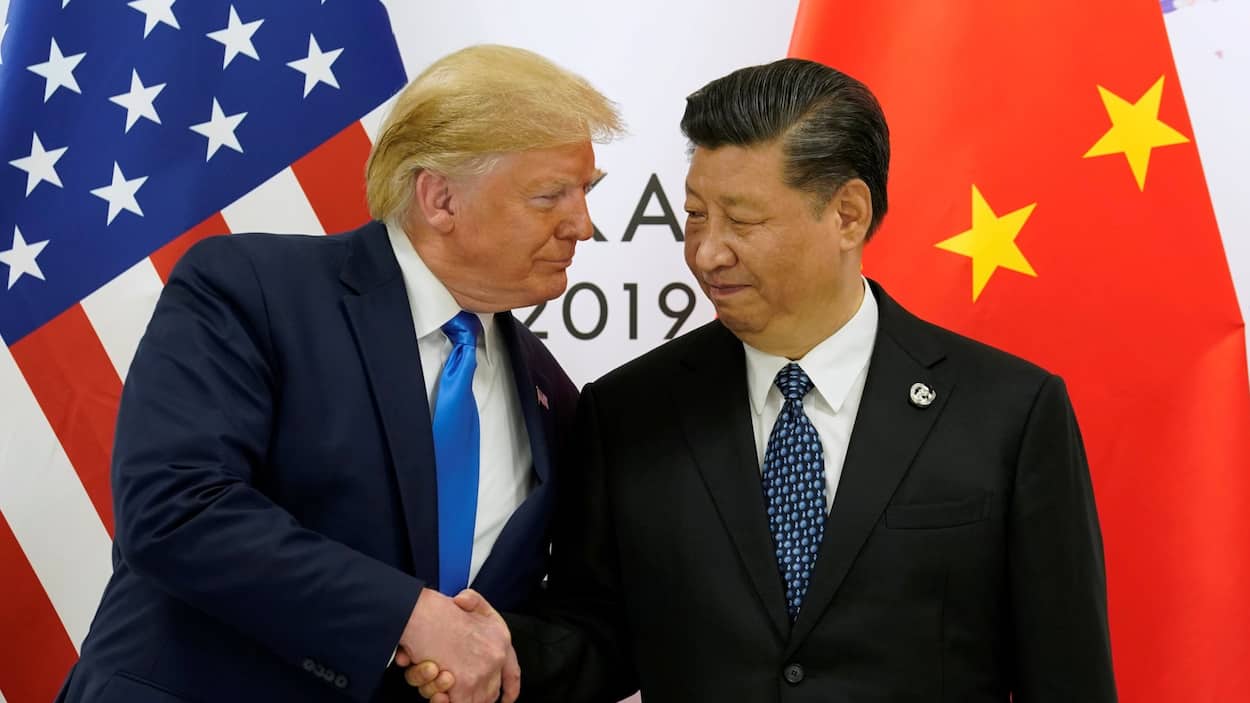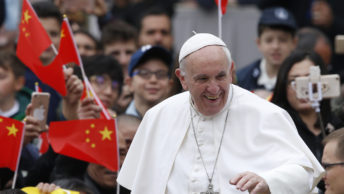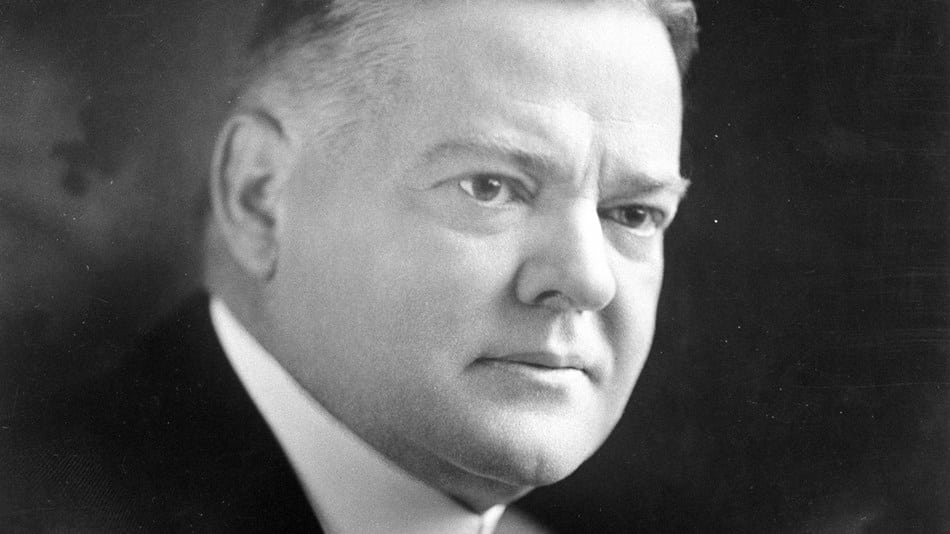The United States has always been allied with other nations throughout our long history. Both countries and individuals have willingly offered both national and personal assistance not only to America as a nation, but to America as an idea. Beginning with the revolution, Marquis de Lafayette rendered sage assistance to George Washington in command and staff positions. General Rochambeau joined Washington’s Army outside West Point and convinced him to abandon the idea of attacking the British in New York or Boston and instead, move south to Virginia to lay siege to Lord Cornwallis at Yorktown. There, another Frenchman, Admiral de Grasse, helped trap the British from the sea. Baron von Steuben left Prussia and developed a training regimen to instill discipline and order in the Continental Army. Thaddeus Kosciuszko arrived from Poland to engineer the defenses at Saratoga and West Point and proved invaluable to the Continental Army throughout the war. In his farewell address, Washington warned of foreign entanglements, but were it not for efforts of foreigners and an alliance with France, we may not have had a country.
We now find ourselves fully engaged in a unilateral trade war with China. China is a bad actor on the international stage. No one, except themselves and their allies, doubt that. Invited into the World Trade Organization in 2001, they have demonstrated that they are not a reliable partner. American grievances include, but are not limited to: industrial overcapacity, intellectual property theft, government ownership of private companies, subsidies and forced technology transfers. The Chinese do not follow the generally accepted rule of law, as understood by western nations. Their military forces now occupy territories in the South China Sea, which the United States liberated from the Empire of Japan during the Second World War. Dismissive and unrepentant, Chinese emissaries view Western Civilization differently than we view ourselves. It should come as no surprise, that something as simple as stealing technology may be viewed as sharing or helping the family of China.
China has a long history with dynasties and is very patient. They possess an oriental mindset that approaches problem solving and negotiations much differently than westerners. The twentieth century for the United States is often called the “American Century.” China refers to the past 100 years as “the Century of Humiliation.” This began in 1895, through a treaty with Japan that resulted in lost territory, wars and invasions. Current hard line government officials with a reference of 5,000 years, view the past century as very recent. They will not be lectured to or browbeat by a western power again. The United States is mistaken if it believes that it can impose 90 day deadlines on a culture that leased Hong Kong to Great Britain for 99 years.
In 2018, the Trump Administration imposed steel and aluminum tariffs on China. Recently, tariff barriers increased from 10% to 25% and further tariffs may follow on all Chinese exports. China may respond with harsh non-tariff barriers. They could devalue their currency, making the renminbi cheaper and diminishing the effect of our tariffs. They could over regulate or even close American plants in China. They could reduce or stop purchasing U.S. Treasury debt. Their nuclear options include selling massive amounts of treasuries and nationalizing American companies in China. Further, they can provide stimulus to their economy.
History
The Trump Administration is approaching the trade issue with China head on and alone. Every President brings his own style and history to the office. President Trump is a New York real estate developer whose method is to hit you with a hammer and if you do not give in, hit you again. Use leverage where possible and then restructure the deal if need be. Real estate is essentially a zero sum game: deal or no deal. That explains his mercantilist approach to trade.
The President trusts his instincts when he makes decisions and may lack the historical awareness of very important lessons of the twentieth century. First, the world had four choices: Hitler’s Germany, Stalin’s Russia, the Empire of Japan and Western Civilization, led by the United States. Second, when viewing pictures of Japan and Germany in September 1945, the message was not who won, it was, never do that again. Third, the current global system was carefully crafted by a generation of individuals who survived two world wars and the Great Depression. In those wars, roughly one hundred million perished. Finally, in the absence of American engagement, conflict will result. The United States must remain fully committed to a world with multi-lateral economic, military and social partnerships. World peace depends upon it.
The President often criticizes our post-war order, which rested on institutions such as: Bretton Woods, GATT, the United Nations, NATO and the World Trade Organization. However, the crowning achievement of having these organizations is 74 years without a major conflict between world powers, many possessing nuclear weapons. Ultimately, open dialogue and free trade means peace. You don’t declare war on your customers.
The Administration’s unilateral tariff approach walks us into the potential darkness of the past, where collapse of the global trading system led the world crashing into a depression. Herbert Hoover attempted to go it alone with the Smoot Hawley Tariff. Retaliations followed, economic nationalism rose and led to the Second World War. The old adage proved true: when goods don’t cross borders, armies will.
Solution
The Trump Administration is absolutely correct in addressing years of abuse that the United States has endured in our trade relations with China. At issue, is the method that has been adopted in attempting to resolve the problem.
The best method to confront China is by applying pressure through a broad, multilateral approach. Relationships form the very foundation of human existence between individuals and nations. Begin by utilizing The World Trade Organization, the United Nations, NATO and ASEAN. With our allies, place China on notice that they will be removed from the World Trade Organization and lose their most favored nation trading status. Allow them a two year window to reform their actions and then they would be readmitted.
Coalitions work and have stood the test of time. The Allied Powers in World War II defeated the Axis and helped save western civilization. NATO stood as a bulwark against the Soviet Union and Warsaw Pact, prevailing and keeping the peace during the Cold War. The American led coalition against Saddam Hussein prevailed in liberating Kuwait. Recently, Commerce Secretary Wilbur Ross commented that joining other nations will diminish what one country wishes to accomplish, as compromise is needed from everyone’s initial positions. History demonstrates that perfection is often the enemy of a good solution. Possessing allies also lends the United States a key factor in any negotiation: leverage.
The Administration must chart a course that reaches an outcome which has the highest probability of success. The United States should join the Trans Pacific Partnership. Attempting to reach bi-lateral trade deals in an era of multi-lateral cooperation is slow and cumbersome. Ratify USMCA as soon as possible and end tariffs with the European Union in exchange for greater access for our goods. Instead of relying on a failed one-way relationship with China, grow closer to India. The United States has two commonalities with this nation. India is a democracy and we share the influence of Great Britain.
The United States has many allies, whose friendships are cherished. A broad front against China will help us preserve our current relationships and prevail against the gathering storm from the east. Ultimately, the United States should always be thought of as the best option as a global partner, rather than the least bad alternative. Forming a united global alliance to oppose China’s trade violations should be our next step.








